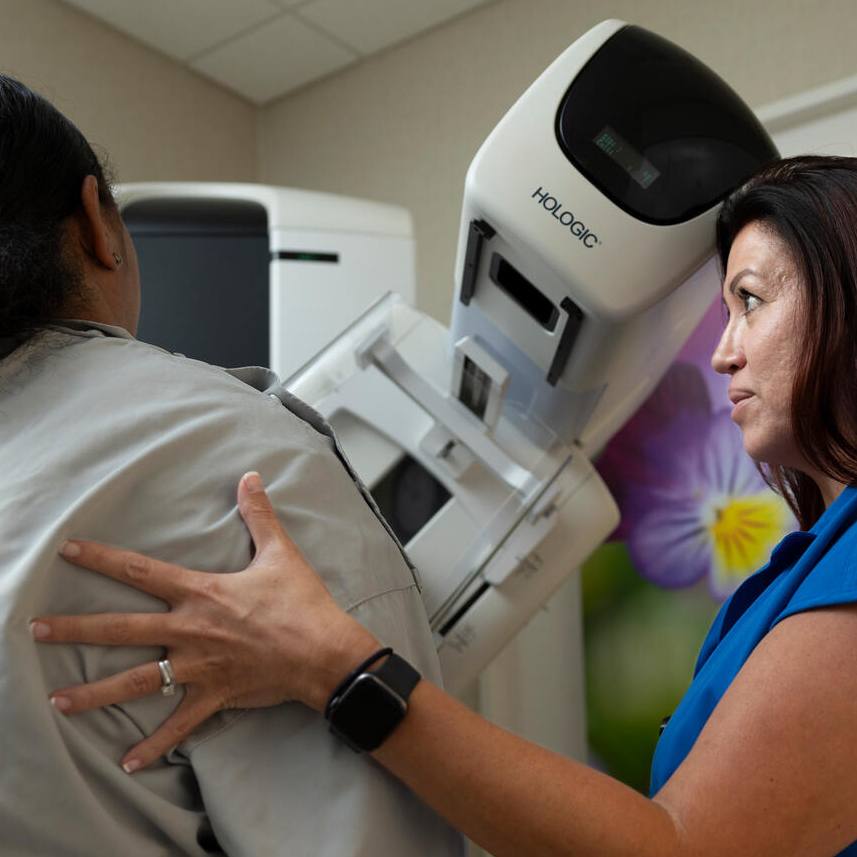-
Diversity
Consumer Health: Understanding the link between chronic stress and depression

Depression is a mood disorder that causes a persistent feeling of sadness and loss of interest. It affects how you feel, think and behave, and it can lead to emotional and physical problems.
It's not known exactly what causes depression. Many factors may be involved, including genetics, brain chemistry, hormones and inherited traits. Chronic stressful life situations can increase your risk of developing depression if you aren't coping with stress well.
Stress itself isn't abnormal or bad. Rather, stress is a normal psychological and physical reaction to positive or negative situations in your life, such as a new job or the death of a loved one. What's important is how you deal with stress.
Learn more about the connection between depression and stress from Dr. Daniel Hall-Flavin, a Mayo Clinic psychiatrist.







